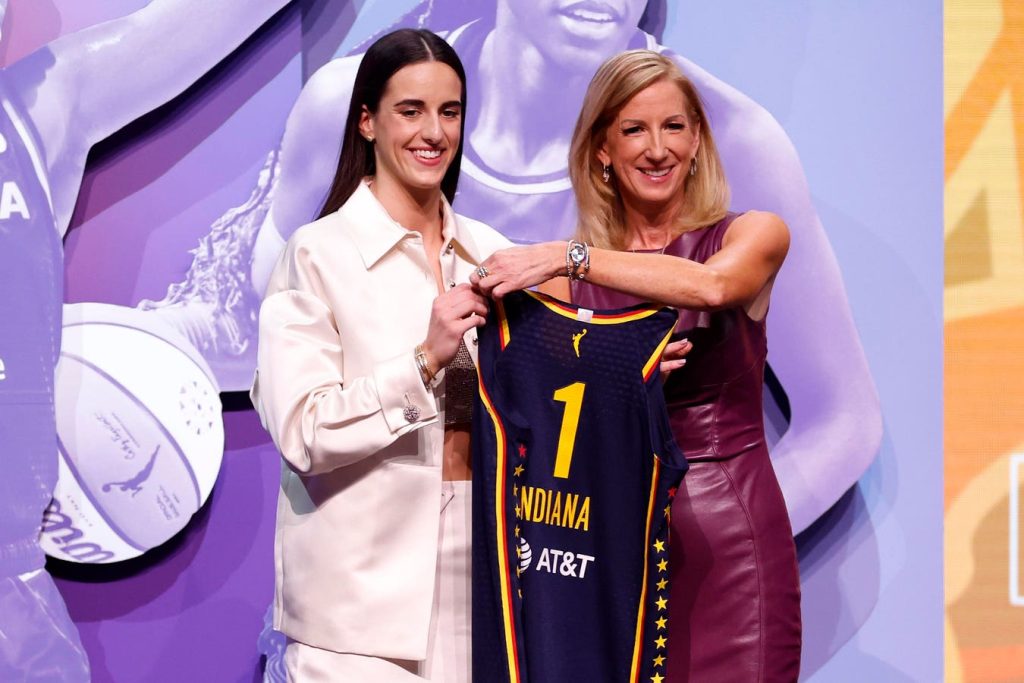The 2024 WNBA Draft recently garnered the highest viewership in league history, with 3.09 million people tuning in, setting the stage for newcomer Caitlin Clark’s debut with the Indiana Fever. However, Clark, like many women athletes, found herself facing objectification from the media during a press conference at Gainbridge Fieldhouse. Columnist Gregg Doyel from The Indianapolis Star made inappropriate remarks towards Clark, mimicking her signature heart gesture and making a suggestive comment, highlighting a broader trend of disrespectful treatment towards women athletes in the media.
Women athletes often experience objectification in the media, with their accomplishments overshadowed by discussions about their appearance, personal lives, and comparisons to male counterparts. Serena Williams, a tennis star with numerous Grand Slam titles, and gymnast Simone Biles, one of the most decorated gymnasts in history, have faced similar treatment from the media. Their success and talent are sometimes minimized, with the focus placed on trivial aspects such as their attire, hairstyles, or behavior, rather than celebrating their athletic achievements.
The objectification of women athletes has far-reaching effects beyond mere disrespect, influencing consumer behavior and perceptions of women’s sports. Research has shown that objectified coverage of women’s sports can negatively impact viewership, fan engagement, and overall interest in women’s sports, especially among those who have not previously watched women’s sporting events. This type of coverage creates lower expectations for events, ultimately diminishing the appeal of women’s sports to potential new viewers and consumers.
If this objectification continues unchecked within the media and by reporters, it could hinder the growth potential of women’s sports. Sports journalist and author Kavitha Davidson emphasizes the double standard that exists in the treatment of men’s and women’s sports, with the sexualization of women athletes often used to undermine the legitimacy of women’s sports. While some of this behavior may stem from implicit biases, it ultimately serves to detract from the talents and accomplishments of elite women athletes, perpetuating harmful stereotypes.
Efforts to combat the objectification of women athletes in the media are crucial not only for the well-being of individual athletes but also for the overall success and growth of women’s sports. By promoting more respectful and equitable coverage of women athletes, leagues, teams, and media outlets can create a more inclusive and welcoming environment for women’s sports enthusiasts. This shift in narrative is essential for elevating the profiles of women athletes, highlighting their skills, dedication, and achievements, and ultimately contributing to the continued advancement and recognition of women in sports.


